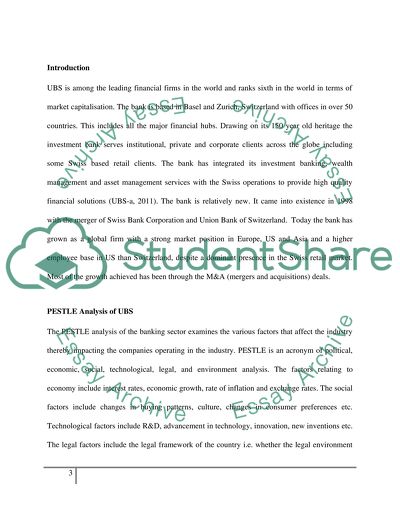Cite this document
(“Banking sector ( PESTLE and SWOT analysis) Essay”, n.d.)
Retrieved de https://studentshare.org/environmental-studies/1410379-banking-sector-pestle-and-swot-analysis
Retrieved de https://studentshare.org/environmental-studies/1410379-banking-sector-pestle-and-swot-analysis
(Banking Sector ( PESTLE and SWOT Analysis) Essay)
https://studentshare.org/environmental-studies/1410379-banking-sector-pestle-and-swot-analysis.
https://studentshare.org/environmental-studies/1410379-banking-sector-pestle-and-swot-analysis.
“Banking Sector ( PESTLE and SWOT Analysis) Essay”, n.d. https://studentshare.org/environmental-studies/1410379-banking-sector-pestle-and-swot-analysis.


